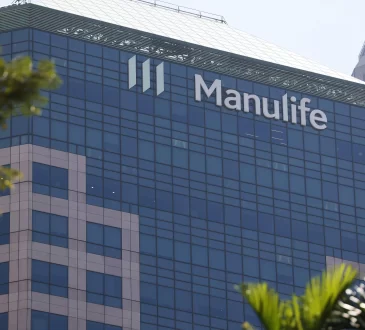House Lawmakers Raise Alarm About US Biopharma Companies Working With Chinese Military on Trials

With the BIOSECURE Act poised for a vote in the House of Representatives, a congressional committee is urging the FDA to look into U.S. biopharmaceutical companies that have allegedly worked with the Chinese military to conduct clinical trials in Xinjiang.
In a letter to FDA Commissioner Robert Califf, the House Select Committee on the CCP flagged the “alarming practice” of some U.S. biopharma firms working with the Chinese People’s Liberation Army (PLA) in the Xinjiang Uyghur Autonomous Region, where they claim that China has been “engaged in genocide of the Uyghur population.”
“There are significant ethical concerns around conducting clinical trials” in Xinjiang, the lawmakers wrote to Califf , citing “credible investigative reports” which have shown that hospitals in the region often force Uyghurs to surrender their bodily autonomy.
“We believe that U.S. biopharmaceutical entities could be unintentionally profiting from the data derived from clinical trials during which the CCP [Chinese Communist Party] forced victim patients to participate,” the lawmakers wrote.
The letter named Eli Lilly’s Phase III TRAILBLAZER-ALZ 5 study for its Alzheimer’s disease therapy donanemab. The study had several sites across China, including the PLA’s General Hospital and Medical School and Air Force Medical University, according to the lawmakers. The FDA approved donanemab last month as Kisunla.
The members of Congress also pointed to Pfizer’s Inlyta (axitinib), for which part of a Phase II hepatocellular carcinoma study was conducted in a hospital operated by the PLA’s Academy of Military Medical Sciences. The study concluded in 2016.
In addition to ethical concerns, the lawmakers warned that working with the PLA could pose intellectual property risks to the companies, whose data and results could be co-opted under China’s National Security Law. Data generated from the PLA sites could also be unreliable.
The lawmakers are pressing the FDA to provide information regarding reviews of trials involving the PLA or related facilities, as well as the regulator’s efforts to conduct on-site inspections of PLA sites. Additionally, they are asking the FDA for a response on how it assesses intellectual property risks for companies that work with the PLA.
The FDA has until Oct. 1 to respond to the committee.
The letter was penned by Rep. John Moolenaar (R-Mich.), chairman of the House Select Committee on the CCP, as well as ranking member Rep. Raja Krishnamoorthi (D-Ill.) and Reps. Neal Dunn (R-Fla.) and Anna Eshoo (D-Calif.) .
The bipartisan inquiry into clinical trials in Xinjiang come as the BIOSECURE Act has hit a legislative speedbump. In June 2024, the House Rules Committee left the bill out of the final list for discussion for the National Defense Authorization Act (NDAA) for Fiscal Year 2025. The NDAA specifies the budget for the Department of Defense for the coming fiscal year.
However, House Speaker Mike Johnson (R-La.) said last month that he intends to hold a vote for the bill and pass it into law this year.




